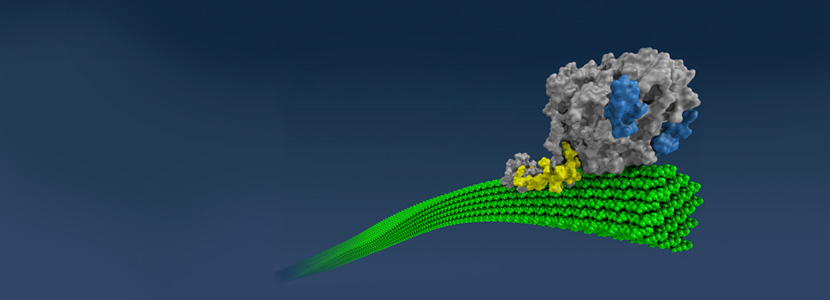Protein hydrolysates present cost-effective approach for their inclusion in animal feed with the aim of improving health status and productive parameters.
Improving feed use efficiency for milk, meat and egg production, is one of the main goals of animal production(Wu et al. , 2014). This approach requires optimal nutrition to support the small intestine’s function as the target site for nutrient digestion and absorption.
Peptides obtained from the hydrolysis of plant and animal proteins are included in pig, poultry, fish and pet diets. This type of dietary inclusion presents positive and cost-effective results, that contribute to gut health improvement, and increased growth and productive performance(McCalla et al., 2010).
Proteins, peptides y aminoacids
Proteins are macromolecules which are usually made up of of twenty different amino acids (AA) linked by peptide bonds. They are a major component of animal tissues (skeletal muscle, mammary glands, liver, etc.) and products such as meat, milk, egg, and wool.
The protein content found in the skeletal muscle of growing cattle or pigs is about 70% based on dry matter (Wu et al., 2016).
Therefore, adequate dietary protein intake is essential to obtain maximum growth, productive yield and feed efficiency in livestock, poultry and fish.
After being consumed by animals, proteins found in feed ingredients (e.g., blood meal, meat and bone meal, fish meal, soybean meal, peanut meal, and cottonseed meal) become hydrolyzed into small peptides and free AA by proteases and oligopeptidases within the small intestine.
Amino Acids are organic substances that contain amino and acid groups. All AAs have a α-amino group and occur as L-isomers in animals and food. Being glycine the only exception to the latter.
A peptide is defined as an organic molecule consisting of two or more AA residues linked by peptide bonds.
Generally speaking, polypeptides with a molecular weight of ≥ 8000 Daltons (i.e. ≥ 72 AA residues) are called proteins. However, the distinction between proteins and peptides on the basis of their molecular weights is not absolute.
- For example, insulin (51 AA residues) is recognized as a protein because it has a defined three-dimensional structure which is a characteristic exhibited by proteins.
Proteins are arranged in four structures (Figure 1):
- Primary structure: the sequence of AA along the polypeptide chain;
- Secondary structure: the conformation of the polypeptide skeleton;
- Tertiary structure: three-dimensional arrangement of proteins;
- Quaternary structure: the spatial arrangement of polypeptide subunits.
The primary sequence of AA in a protein determines its secondary, tertiary and quaternary structures, as well as its biological functions.
Figure 1. Protein structures
Production of protein hydrolysates
To consistently manufacture peptides from animal and plant protein sources, chemical, enzymatic or microbial methods have been employed in order to improve their nutritional quality and reduce any associated anti-nutritional factors prior to their inclusion within animal feed.
The latter two methods can also improve peptide solubility, viscosity, gelling capacity and emulsification.
Keep up to date with our newsletters
Receive the magazine for free in digital version
REGISTRATION
ACCESS
YOUR ACCOUNT
LOGIN
Lost your password?
